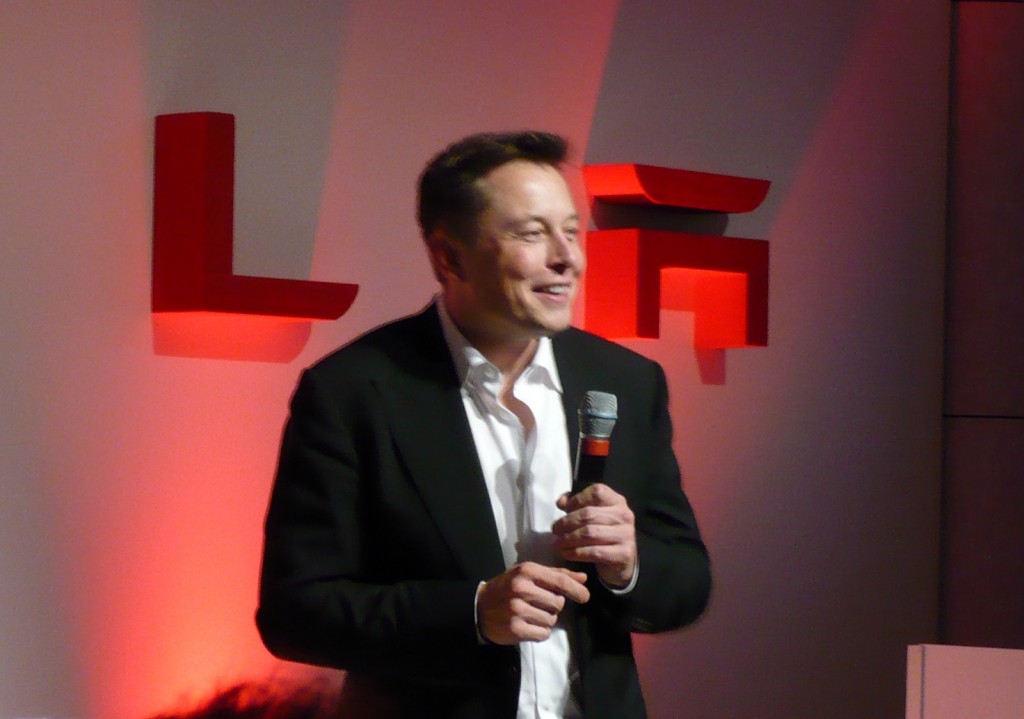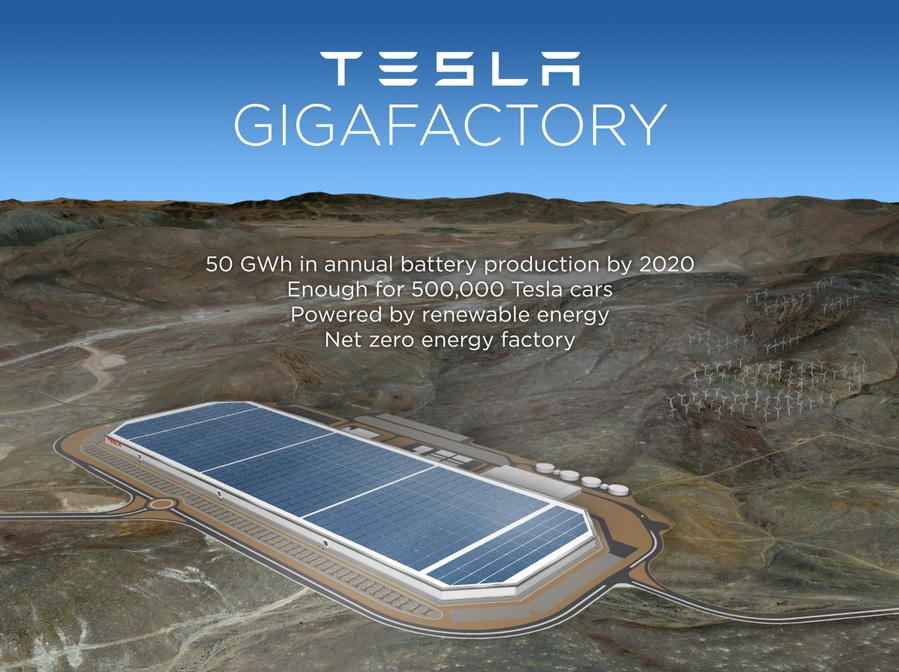Car dealers often come in for criticism, especially among electric-car advocates and Tesla Motors supporters who have watched state dealership lobbying groups make Tesla's direct-sales model illegal in a number of states.
Since 2010, those lobbyists have been altering state laws originally designed to protect franchised dealers from direct retail sales outlets owned by carmakers, who dealers believe could undercut them and drive them out of business.
The arrival of Tesla Motors on the scene--with its Tesla Store showrooms to display the Model S electric luxury sedan and educate potential buyers on the benefits of electric cars--appears to have posed an existential threat to car dealers.
DON'T MISS: Michigan Gov Snyder Signs Anti-Tesla Bill Called 'Corrupt Politics At Its Worst'
Buyers who want a Tesla don't do paperwork at a Tesla location; they complete the transaction, including payment, online. Then Tesla delivers the car to the location they've specified.
So car dealers have been altering the language in many state franchise laws to extend the existing direct-sales ban to any carmaker selling direct to any consumer at all--even those without franchised dealers to protect.
![Tesla Store Los Angeles [photo: Misha Bruk / MBH Architects] Tesla Store Los Angeles [photo: Misha Bruk / MBH Architects]](https://images.hgmsites.net/lrg/tesla-store-los-angeles-photo-misha-bruk-mbh-architects_100449432_l.jpg)
Tesla Store Los Angeles [photo: Misha Bruk / MBH Architects]
Tesla, of course, has no franchised dealers.
But the dealers' tactics also seem to have posed the question: Why can't you buy a car directly from the maker?
The National Automobile Dealers Association (NADA), the national lobbying arm for car dealers--based in Washington, D.C.--tried to answer that in a video put out in June.
ALSO SEE: Auto Dealers Try Charm: Why Tesla Direct Sales Hurt Buyers, They Say (Video)
The video suggests that the benefit of having to buy a car through a dealership is that consumers can "negotiate" for the best price.
Or, as some would put it, "haggle." Which, it turns out, most car buyers actively loathe.

Tesla Store opening in Westfield Mall, London, Oct 2013
While a minority of shoppers are happy to bargain for the best price--8 percent of them in an online survey conducted two years ago--many don't.
The experience of buying a car at a fixed price was one of the reasons cited by owners of GM's now-defunct Saturn brand as a benefit of owning the car. Saturn dealers were among the highest-rated of any brand.
Most car buyers instinctively feel that they're at a disadvantage in the haggling process. The average consumer buys a car every five or six years; car salespeople sell dozens or hundreds of cars a year. Who's likely to have better knowledge on what's profitable and what's not?
MORE: Car Customers Hate Haggling More Than Anything
This week, promoting its no-haggling "Price Promise" system, Edmunds published a series of videos that ridiculed the notion that consumer goods should be bargained for.
The premise of one video: Capture the reactions of consumers at a supermarket as they're asked to negotiate over the price of milk, vegetables, and other groceries.
The result? Car dealers were not happy, to say the least, as reported by industry trade journal Automotive News (subscription required).
![Tesla Store Los Angeles [photo: Misha Bruk / MBH Architects] Tesla Store Los Angeles [photo: Misha Bruk / MBH Architects]](https://images.hgmsites.net/lrg/tesla-store-los-angeles-photo-misha-bruk-mbh-architects_100449435_l.jpg)
Tesla Store Los Angeles [photo: Misha Bruk / MBH Architects]
The videos, said one dealer, "perpetuate stereotypes of dealers as bargainers trying to take advantage of shoppers with outrageous markups."
That dealer said he planned to cancel his listings on the Edmunds service in protest.
Edmunds responded that the ads are lighthearted, exaggerated, and deliberately do not show auto dealers.
But the reaction by dealers indicates an underlying sensitivity: Smart dealers know the buying process has a bad reputation, and even if their salespeople are not taking advantage of shoppers, their customers think and feel that they do.
By the end of the week, Edmunds had caved in to the dealer objections and pulled all four videos from its website. (The clip above appears to be posted by a third party.)

Tesla Motors CEO Elon Musk at Tesla Store opening in Westfield Mall, London, Oct 2013
Meanwhile, dealer lobbyists have won in some states and lost in others in their efforts to force Tesla to sell through franchised dealerships.
This week, Michigan joined Arizona, Texas, and Virginia in banning direct sales entirely.
On Tuesday, Michigan governor Rick Snyder signed a bill that had language altered at the last minute, out of public view, to ban Tesla from delivering cars in the state that have been sold directly by the carmaker.
Tesla has been limited to one location in Colorado, while legislation that would decide the fate of two New Jersey locations for Tesla Stores is still pending.
Anti-Tesla legislation has already been defeated in Massachusetts, Minnesota, and New York.
And Nevada explicitly legalized Tesla's company-owned stores as part of the incentives package lawmakers created to land the carmaker's massive battery Gigafactory.

Rendering of Tesla battery gigafactory outside Reno, Nevada, Sep 2014
While Tesla CEO Elon Musk has said that the company might consider using dealers in the future as the company grows, clearly dealers view forcing the company to do so legally as the better route.
Which rather begs the question: If haggling for a new car is such a great benefit for consumers, wouldn't it withstand a little competition from a different model proposed by a tiny startup carmaker whose sales are far below 1 percent of the U.S. market?
The actions of dealers and their lobbyists appear to suggest that they believe it wouldn't.
_______________________________________________













